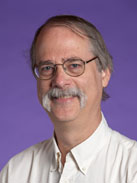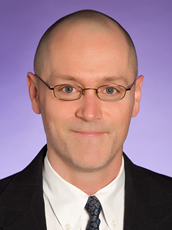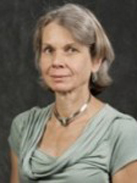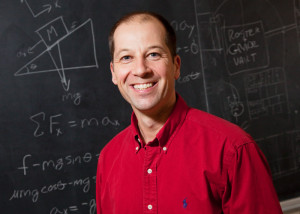What is Contemplative Studies, and what is its place at TCU?
Wednesday, September 19, 2012, 2:30-4:30
Kelly Center, Cox A
The study and practice of contemplation in the academic context (now called Contemplative Studies) can be found in almost any aspect of the arts, humanities, and sciences, including such disciplines as psychology, medicine, and neuroscience as well as religion, literature and visual/fine/performing arts. Under the auspices of the Koehler Center for Teaching Excellence, we plan to hold a panel discussion about the state of the developing field of contemplative studies, then follow with a brainstorming session to see what is possible and desirable in this context at TCU.

Andy Fort, Texas Christian University

Mark Dennis, Texas Christian University

Donnalee Dox, Texas A&M University
Panelists will include Andy Fort and Mark Dennis, Religion Dept., TCU, and Donnalee Dox, Associate Professor, Department of Performance Studies and Director, Religious Studies Interdisciplinary Program and Minor at Texas A&M University
Teaching and Learning Conversation with Provost Nowell Donovan:
“The Academy of Tomorrow”

Provost Donovan
Thursday, October 11, 2012 11:30-1:30pm, Lunch Included
Kelly Center, Cox A
An examination of Relevance as we attempt to Capture the Imagination of those we profess to lead.
Using Clickers to Enhance Student Learning
Wednesday, November 9, 2012, 11am-1pm, Lunch Included
Smith 104

iclicker logo
Clickers (classroom polling systems) can enhance student participation, learning, and motivation. Join Dr. Tim Stelzer from the Department of Physics at the University of Illinois for a discussion of best practices in clicker pedagogy, and an overview of the logistics of the i>clicker response system. We’ll also provide hands-on experience and practical advice for introducing clickers into your classes.
About the Speaker

Dr. Tim Stelzer
Professor Timothy Stelzer received his bachelor’s degree in physics from St. John’s University in 1988, and his Ph.D. in physics from the University of Wisconsin-Madison in 1993. After working as a senior research assistant in the Center for Particle Theory at Durham University (UK), he joined the Department of Physics at the University of Illinois as a postdoctoral research associate in 1995. In 1998, he was promoted to a visiting assistant research professor and to an assistant research professor in 2000.
A high-energy particle theorist, Professor Stelzer has concentrated on standard model physics at hadron colliders. He has written extensively on top-quark physics and radiation in top events. In addition, he has developed computational methods that have dramatically reduced the difficulty of performing complex cross section calculations. He is the primary author of MadGraph®, a software program that automatically generates the Feynman diagrams and helicity amplitude code for tree-level standard model processes. Most recently, he has been working on a new program to predict how often rare new particles would be produced and also what signatures would distinguish these new particles from the large background of particles already known. He has developed a novel multi-channel approach that efficiently integrates any scattering amplitude to obtain the cross section of any desired process.
Professor Stelzer has also been heavily involved with the Physics Education Group at Illinois, where he has led the development and implementation of tools for assessing the effectiveness of educational innovations in our introductory courses and expanding the use of web technology in physics pedagogy. He was instrumental in the development of the I-clicker™ and is a regular on the University’s “Incomplete List of Teachers Ranked as Excellent by Their Students.”